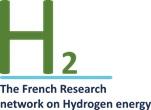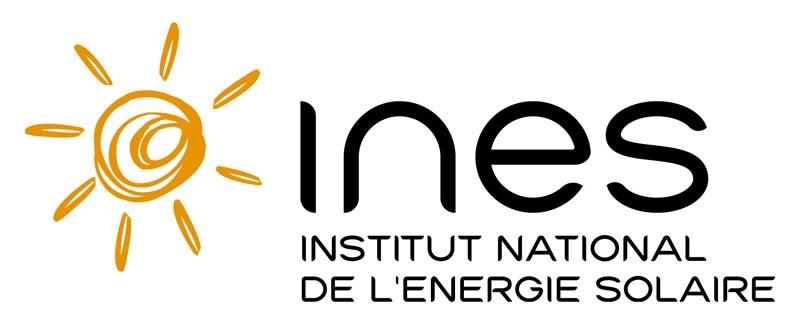LEPMI is part of several local, national and international structures and networks whose objective is to respond to new societal and industrial challenges. The laboratory is an active member of competitiveness clusters, a Carnot Institute, laboratories of excellence and national networks or federations.

The aim of the Laboratory of Excellence in Multi-functional Architectural Materials (CEMAM) is to design, develop and understand the research of new functional materials and to propose the technologies of the future. CEMAM aims to build interdisciplinary research and training in the field of materials science and engineering to meet the needs of tomorrow's society. LEPMI's activities relevant to CEMAM cover almost all the themes. More than 90% of the laboratory members are directly involved in these themes.

The mission of the Research Federation, FRH2, is to unite and coordinate the efforts of its teams for the production of CO2-efficient hydrogen, its purification and storage, and to make progress in the design of complete systems ranging from the production to the use of this gas via Fuel Cells. The FRH2 relies on laboratories and platforms, including the LEPMI, which are recognised for polymer science, electrocatalysis, electrochemistry of solids, and the modelling of systems for transport and stationary applications.

RS2E – Network on Electrochemical Energy Storage - is a French research and technology transfer network dedicated to various energy storage devices: rechargeable batteries, supercapacitors and alternative technologies for a wide range of uses (electric vehicles, portable electronics, storage of electricity from renewable sources). The RS2E is a CNRS network created with the support of the French Ministry of Education and Research. LEPMI is a member of the RS2E network through its activities on liquid and polymer electrolytes and recycling.

The laboratory is an active member of the Institut Carnot Energie du Futur; which belongs to the Carnot Institute network. This is a mechanism set up by the State to develop partnership research. It is composed of four partner institutions in the field of new energy technologies in Grenoble: the UGA, the CNRS, Grenoble INP and the CEA-LITEN. The activities of LEPMI relevant to the Carnot Institute are almost all the activities of the laboratory, associated with materials and systems in the field of batteries, fuel cells and photovoltaics.

L'Institut national de l'énergie solaire (INES) is a reference centre in France, and one of the first in Europe, dedicated to research, innovation and training in solar energy. Initiated by the Savoie departmental council and the Rhône-Alpes region, this centre brings together teams from the CEA and the Savoie Mont Blanc University. The INES now has 500 employees on a 22,000 m² site equipped with the best facilities. The LEPMI is working on the development of new concepts for PV materials and cells, as well as on the study of the durability of their functional properties.

TENERRDIS aims to increase the competitiveness of industrial sectors in new energy technologies through innovation. LEPMI's activities are particularly in line with the axes of the TENNERDIS competitiveness cluster with our activities on batteries, hydrogen and photovoltaic cells.

AXELERA brings together, in France and internationally, the players involved in the controlled management of materials and resources (water, air, soil, energy) for the sustainable development of territories. LEPMI's activities are particularly in line with the axes of the AXELERA competitiveness cluster with our activities on materials for energy and the recycling aspects of materials.
POLYMERIS which brings together the skills, experience and resources of Elastopole and Plastipolis, is the only competitive cluster dedicated to rubber, plastics and composites. These materials provide major solutions to the challenges of climate change, digital and ecological transition. LEPMI is involved in this cluster through its activities in the synthesis and characterisation of functional polymers (PV, fuel cells).




